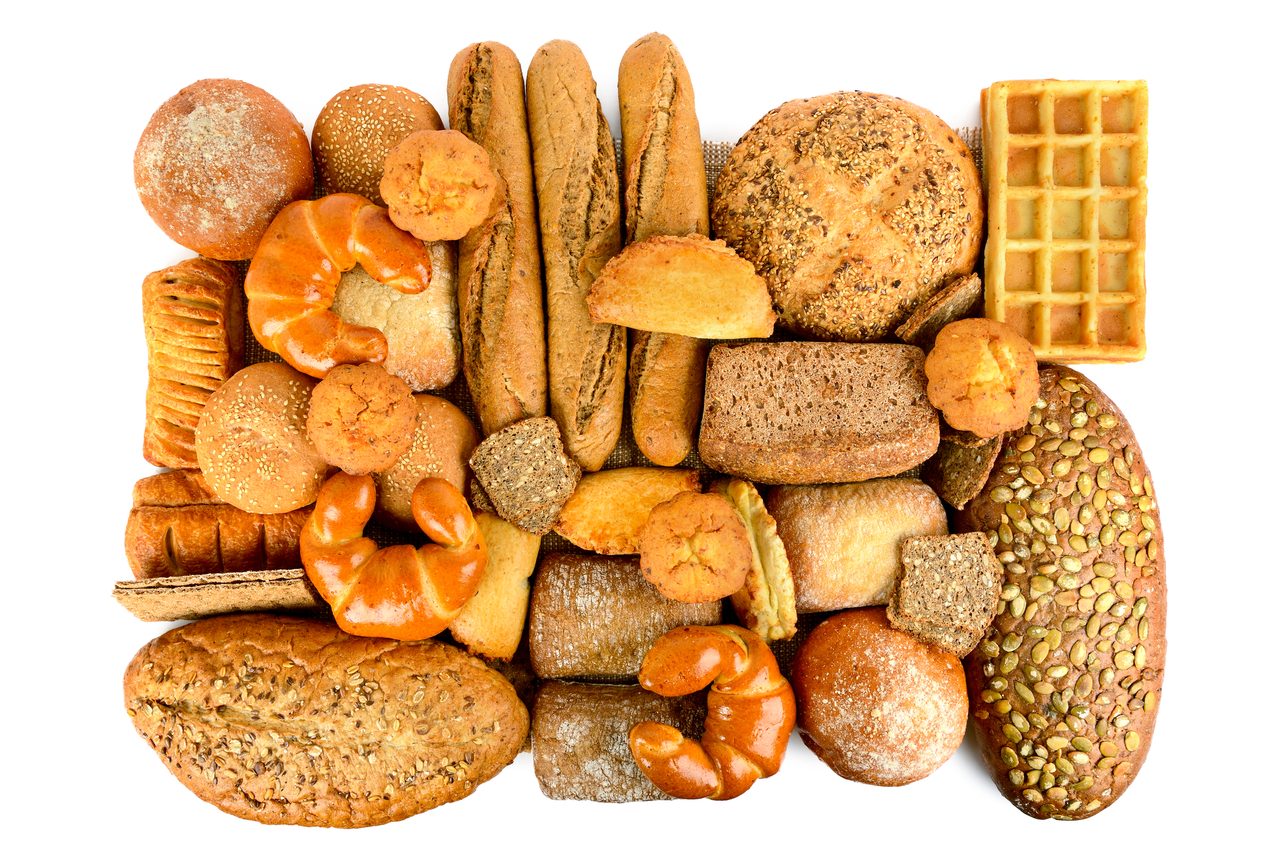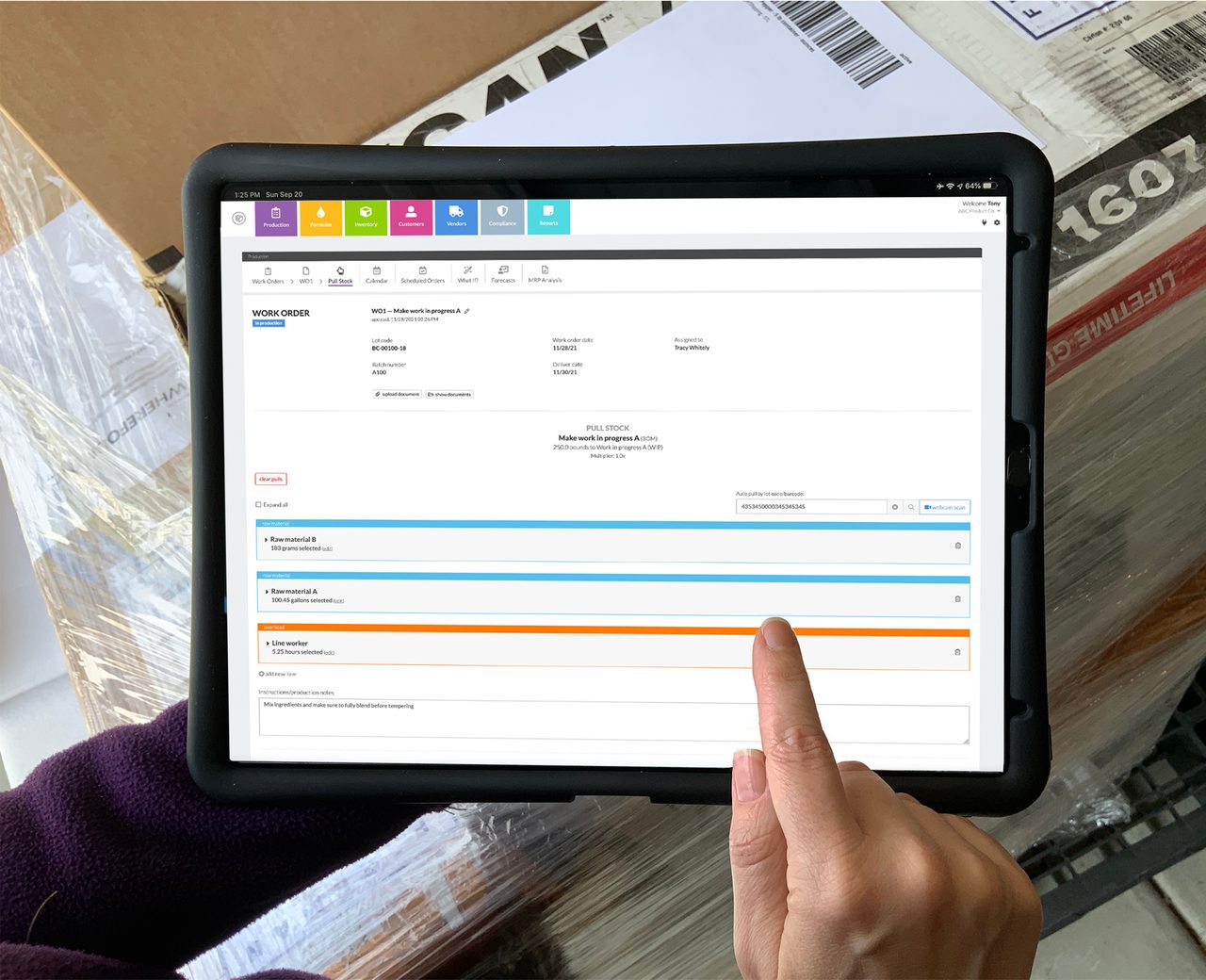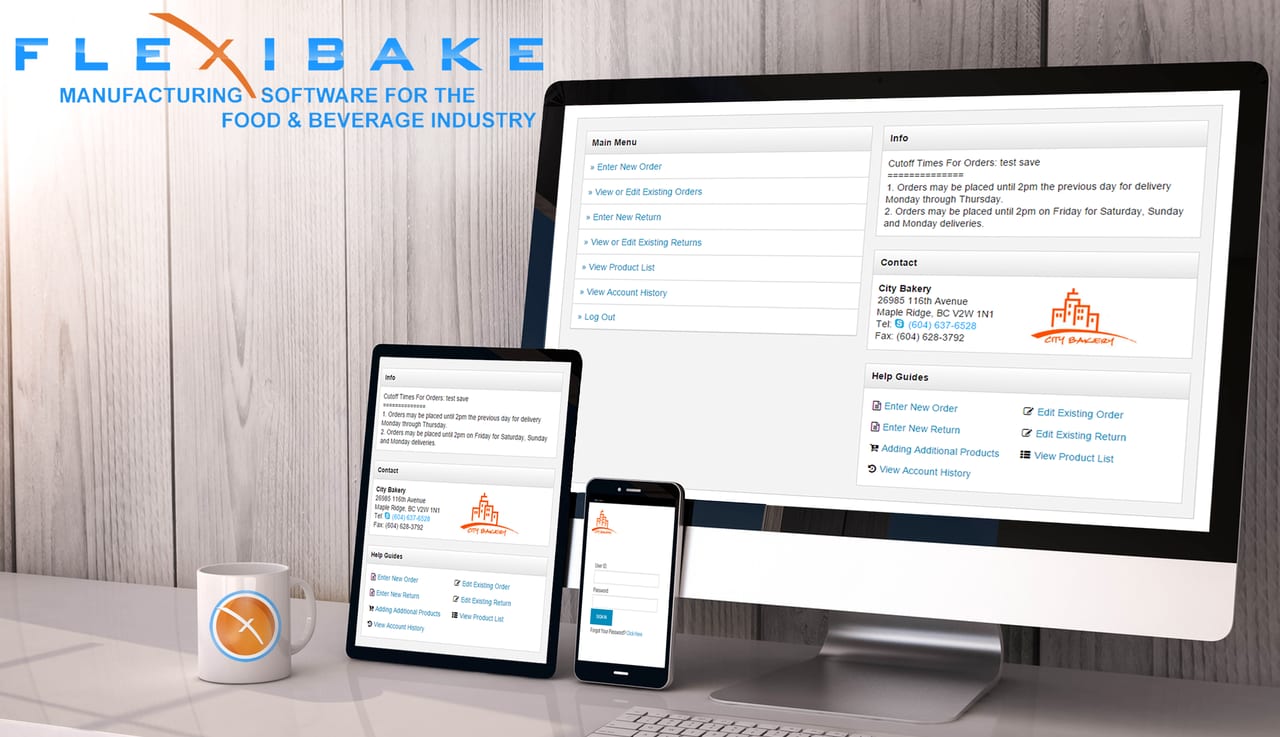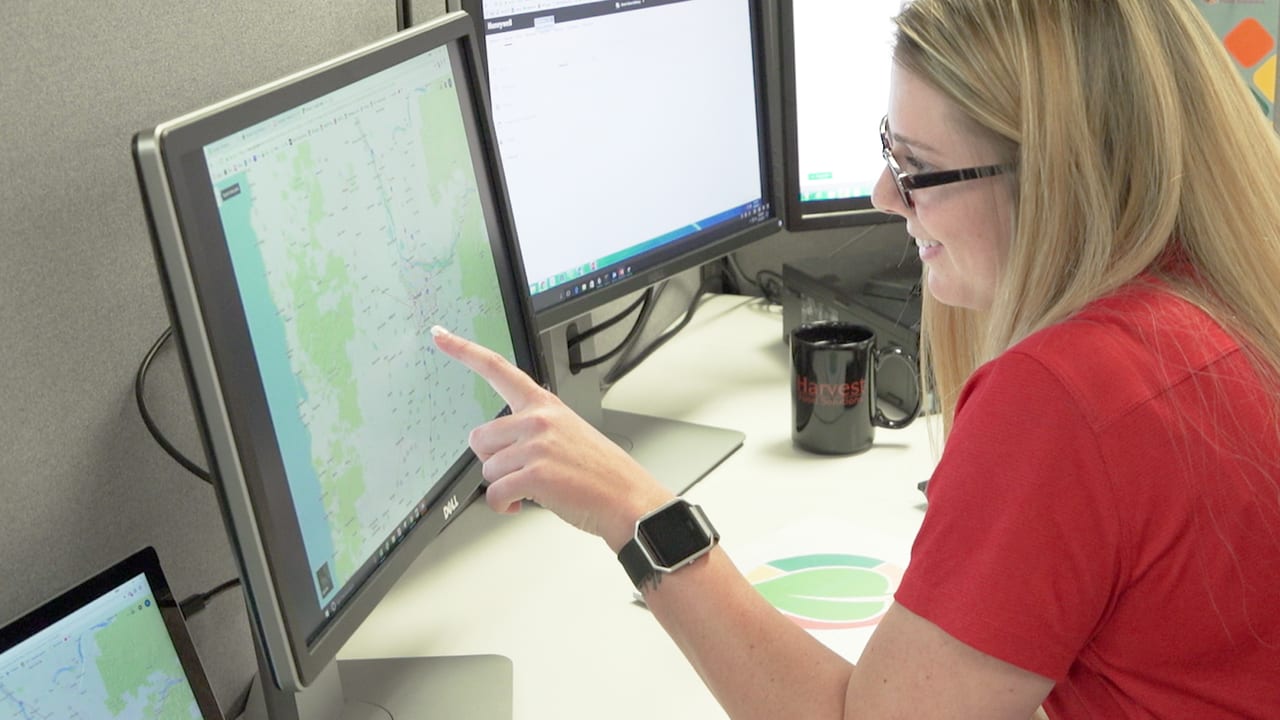Jonathan Dolp, CEO & Founder, Harvest Food Solutions, Vancouver, WA, says that few key issues related to bakery and snack ERP software providers today include building industry specific required functionality in a simplified and effect manner for the end user, and continuous training as customers face unprecedented work force changes.
“[Other issues include] security and regulatory compliance of customer, vendor, employee, and company IP data, while managing visibility of quality, compliance, and traceability throughout the supply chain process,” he says.
Matt Brown, CEO, Wherefour, Petaluma, CA, says that COVID-19 has created some lasting operational changes that have accelerated the need to move to the cloud and to offer ERP users fully mobile functionality.
“The uptick in people working remotely and more cautious face-to-face interaction has encouraged cloud-based solutions. In the workplace, the need to social distance and reduce the number of surfaces being touched by multiple individuals has meant more reliance on individual mobile devices to accomplish tasks,” he expands.
The pandemic has increased interest in online self-service options for wholesale customers, Brown adds.
“This feature also gives field staff in sales or delivery better visibility of in-stock items, what currently is in production, customer orders and other relevant data. Some wholesale bakeries also have added direct-to-consumer e-commerce as sales from their traditional customers declined during the pandemic. These companies are looking for an ERP that can accommodate the added complexity this creates.”
Increased regulation and consumer scrutiny has placed added emphasis on food safety features that facilitate traceability ease and accuracy not just for recalls but to streamline audits and compliance reviews, Brown notes.
Stephen Dombroski, director, consumer products and food & beverage vertical markets, QAD, Santa Barbara, CA, says that bakery and snack manufacturers are facing unprecedented disruptions that are transforming the marketplace.
“Over the last several years, we have seen incredible changes to the industry due to a global pandemic, massive changes in consumers preferences and dietary habits, technological evolutions, and the drive for not just manufacturers, but society as a whole to be 100 percent focused on becoming a sustainable culture,” he says.
“These issues and disruptions are forcing snack food and bakery manufacturers to rethink how they manage their business from both a process and system standpoint. They also need to realize that one of the major disruptions overlaying all others is a disruptive supply chain that, believe it or not, was beginning prior to pandemic. COVID-19 has exposed weaknesses and flaws in the food and beverage supply chain,” he reveals.
Manufacturers need to realize that when you speak about the supply chain, you need to speak about both supply chains; the physical and digital, Dombroski adds.









